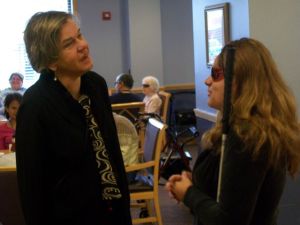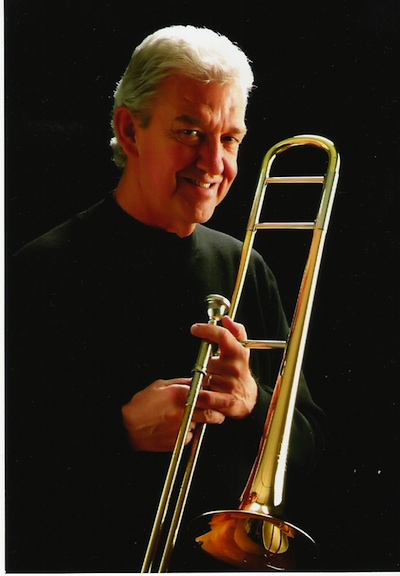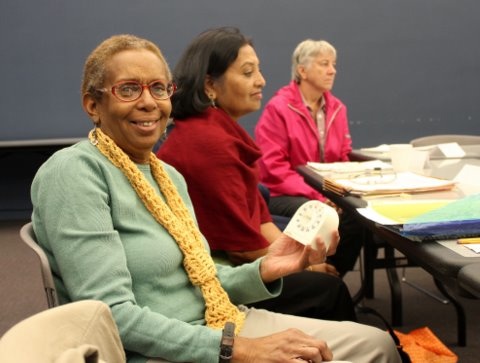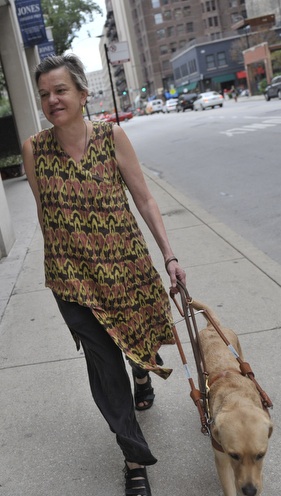Look up at the stars, and not down at your feet
August 30, 2012 • 1 Comment • Posted in blindness, Blogroll, careers/jobs for people who are blind, technology for people who are blind, Uncategorized If you read Sandra Murillo’s guest post here, you know that the 2012 London Paralympic Games had their opening ceremonies last night. The theme for this year’s Paralympic games is scientific discovery, so Stephen Hawking was the obvious choice for narrator. From a story in the London Telegraph:
If you read Sandra Murillo’s guest post here, you know that the 2012 London Paralympic Games had their opening ceremonies last night. The theme for this year’s Paralympic games is scientific discovery, so Stephen Hawking was the obvious choice for narrator. From a story in the London Telegraph:
The show began with Prof Hawking’s familiar computerised voice ringing out in the Olympic Stadium.
Summing up the spirit of the ceremony, he urged the world to “look up at the stars, and not down at your feet” and to “be curious.”
The people I work with at Easter Seals Headquarters in Chicago are pretty excited for the games, and through the job I have moderating their blog I’ve learned about a pretty cool program in Britain that’s helping average kids there get excited about Paralympic sports, too.
Sainsbury’s 1 Million Kids Challenge sent Paralympics Sports Kits to kids in schools, clubs and organizations all across the United Kingdom to encourage millions of them to try out a paralympic sport ahead of the London Games this week. The kit they sent out included a link to a video game that the British grocery store chain helped put together to simulate what it’s like to be blind and play soccer. A friend of mine at work is a huge soccer fan. She can see, and when she tried the simulation she scored a 35%. I was determined to do better. Here from a post I wrote for the Easter Seals blog about my trial run:
The simulation is supposed to present you with four different soccer challenges: passing, shooting, tackling and dribbling. Superstar David Beckham introduces the video, asking players to use their ears to angle their passes based on what they hear in their headphones.
I linked to the game. David Beckham told me to put my headphones on. I did. He explained how to use the arrow keys to follow the sound of the ball, and then said to hit the space bar to pass. I put my hands on the keys and waited for the action to begin. I waited. And waited.
I could hear children playing, but got no direction of where to pass or dribble, and I had no clue what to press to get the aural clues started. I tried arrowing up, arrowing down. I hit the space bar. I hit it again. Maybe enter? Would that work? No luck.
In the end, I had to call Mike over. He could see where the button was on the screen and pushed it for me. Irony of ironies, the only way I could play the blind soccer game was to have a sighted person help me.
I was ready to get outraged, but I sat back and took a breath instead, and that’s when I realized: the blind soccer simulation video wasn’t intended for people who are blind. It was meant to give people who can see a better understanding about living with a disability.
A study by Sainsbury’s shows that the kids in Britain who tried playing a paralympic sport are more knowledgeable — and excited — about watching the Paralympicsthe in London these next couple weeks. Nearly two-thirds (62%) of the children who tried a Paralympics sport were able to specify an event that they are looking forward to watching once the Games start today.
When Whitney and I volunteered at the Summer Military Sport Camp a few weeks ago, one of the guys there encouraged me to try out some of the special equipment the athletes use. I learned that the adaptive equipment doesn’t simplify the sport or make it easier – working those machines was hard, especially on the upper body. It gave me a new appreciation for what these paralympic athletes are up against. And now, just like those kids in Britain, I’m looking forward to watching (okay, listening to) the Paralympic games these next couple weeks — the United States Olympic Committee will be creating original video content for the U.S. Paralympics YouTube channel, and NBC Sports Network (NBCSN) will air one-hour highlight shows on Sept. 4, 5, 6 and 11 at 7 p.m. EDT. Let the games begin!



